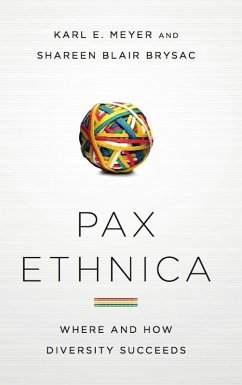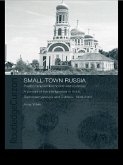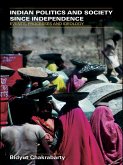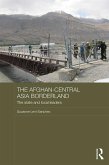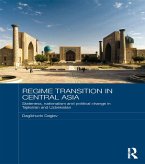To answer these questions, Karl Meyer and Shareen Brysac undertook a two-year exploration of oases of civility, places notable for minimal violence, rising life-expectancy, high literacy, and pragmatic compromises on cultural rights. They explored the Indian state of Kerala, the Russian republic of Tatarstan, the city of Marseille in France, the city of Flensburg, Germany, and the borough of Queens, New York. Through scores of interviews, they document ways and means that have proven successful in defusing ethnic tensions. This pathbreaking book elegantly blends political history, sociology, anthropology, and journalism, to provide big ideas for peace.
Dieser Download kann aus rechtlichen Gründen nur mit Rechnungsadresse in A, B, BG, CY, CZ, D, DK, EW, E, FIN, F, GR, HR, H, IRL, I, LT, L, LR, M, NL, PL, P, R, S, SLO, SK ausgeliefert werden.

